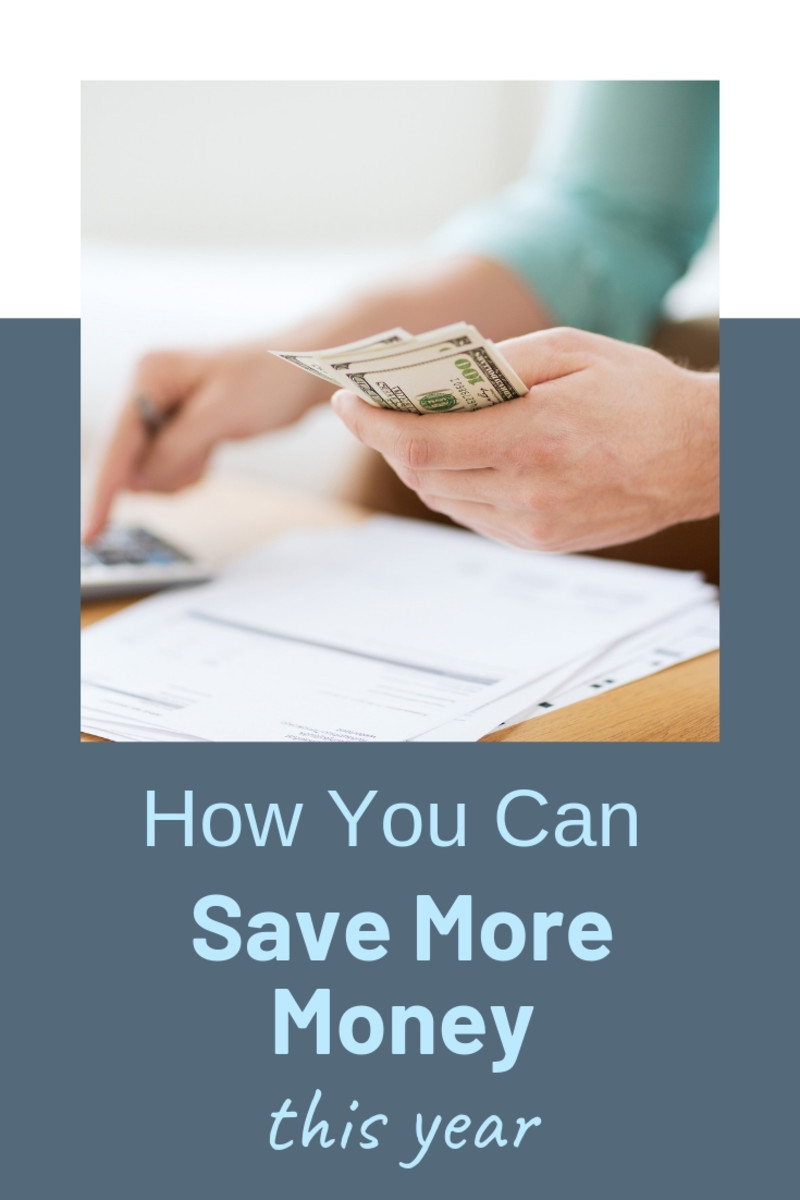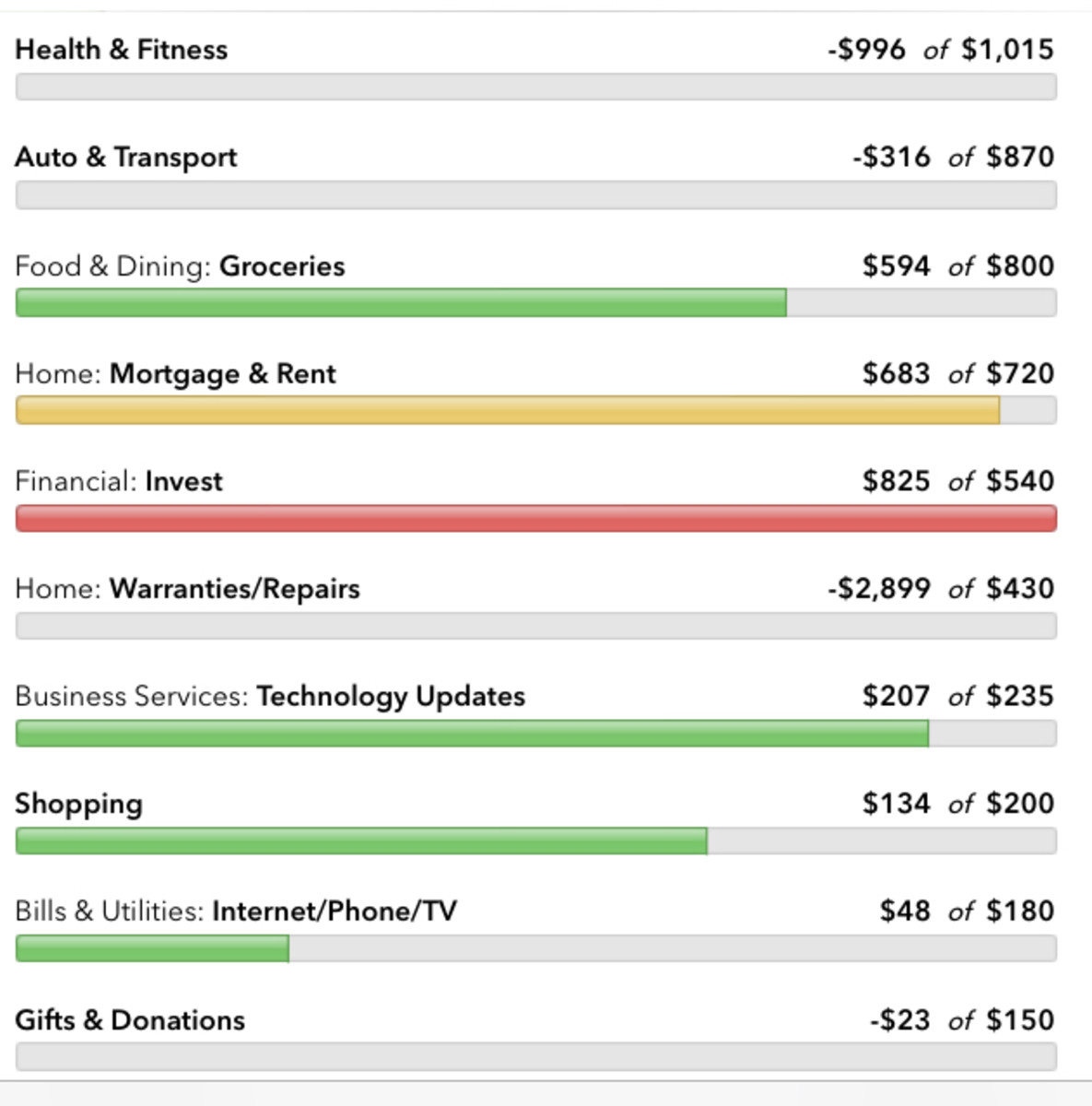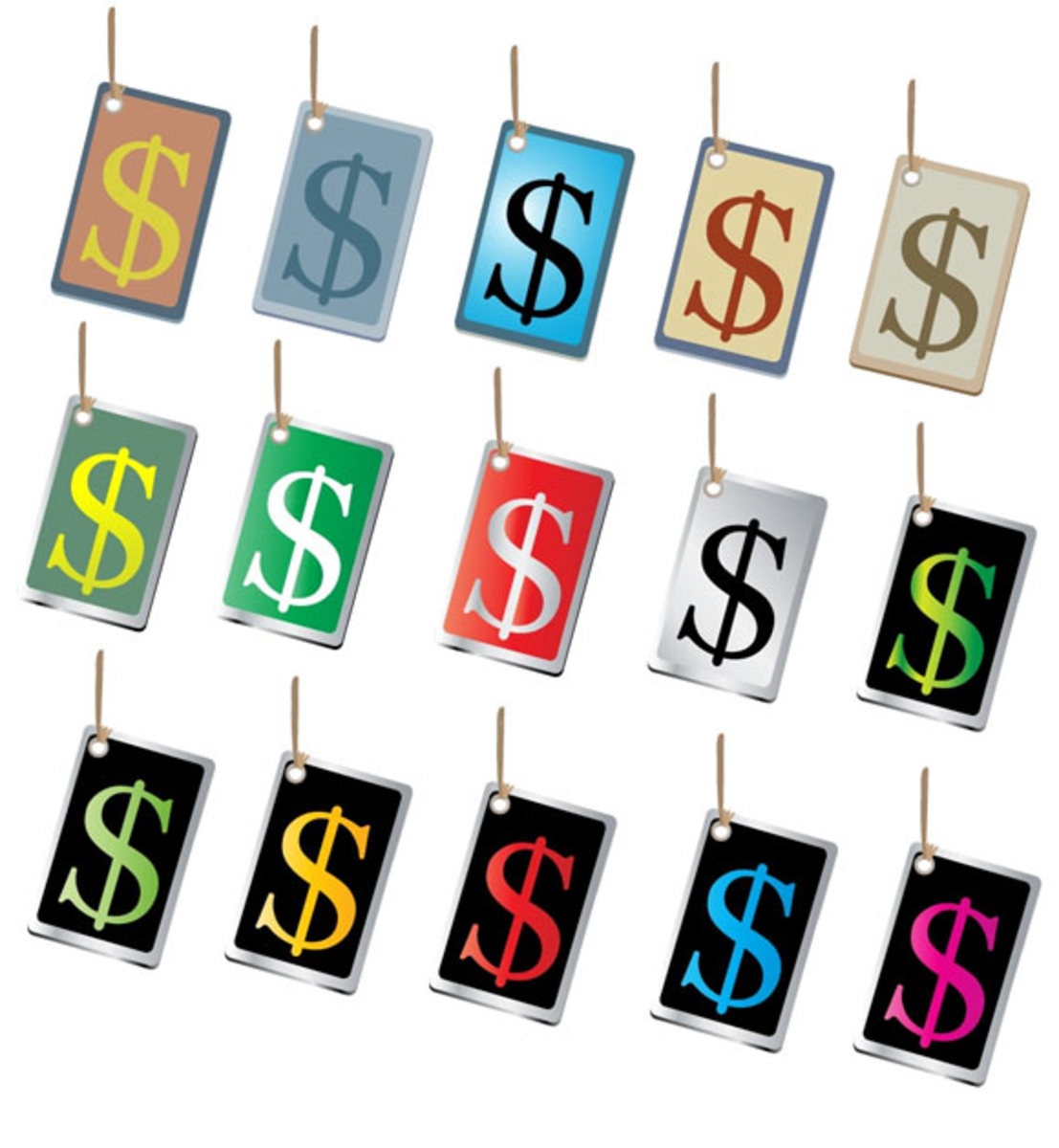An Introduction to Budgeting
Get a Grip

Think outside the box
Think about it- If you’re buying a flight, and you simply buy the first ticket you find, you might pay $700. Shop around for ten minutes, and you might find the same ticket for only $500, invest an hour into comparison shopping, and you might find an even cheaper one, for $300. Instead of thinking of this as a $400 saving, think of it as earning $400 in one hour. How many people do you know who earn that sort of money?
Frugal means creating disposable income
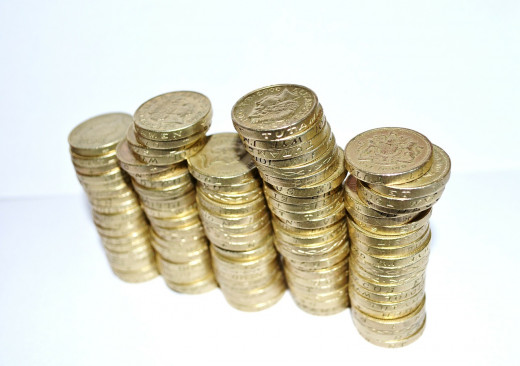
It all pays off
When we think of the money we are saving over time, the benefits of budgeting become self-evident. This short, simple guide, will provide you with a simple introduction to the basics of budgeting, and working out your income and expenses.
It's really simple
Budgeting can seem difficult, but ultimately it comes down to a very simple calculation.
Income – Expenses = Disposable income.
Pop Quiz
view quiz statisticsHow often?
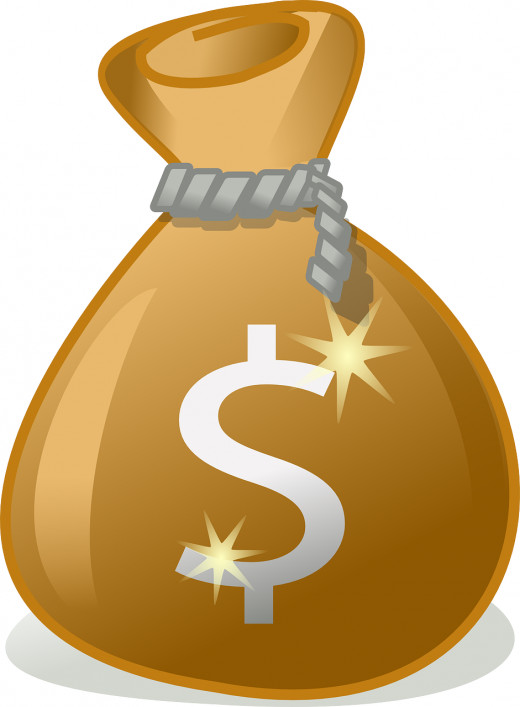
Working out your income
Figuring out your actual income can be tricky. The first thing to do is work out what sort of timescale you want to work with. Weekly, Monthly, or even yearly. I find that the best way to work out which timescale to use is to think about when you get paid, and when your biggest expenses come out. For example, if you get paid monthly and pay your rent monthly, set a budget for the month. If you get paid weekly and pay your rent weekly, budget for the week. If you get paid weekly and pay your rent monthly, budget for the month.
Consider this.
There are lots of things to take into consideration when working out your income; Taxes, Salary deductions, Overtime, Bonuses, Benefits, and additional income streams. Some income streams may vary from week to week, in these instances, weigh up the total amount you've received over the last 12 weeks, then divide it by 12 to get an average figure. Remember that when making estimates for income, always underestimate.
Expenses

The difference
Static expenses are things which are likely to remain the same, for example Rent payments.
Fluid expenses are things which can vary, such as Utility bills.
Consider everything
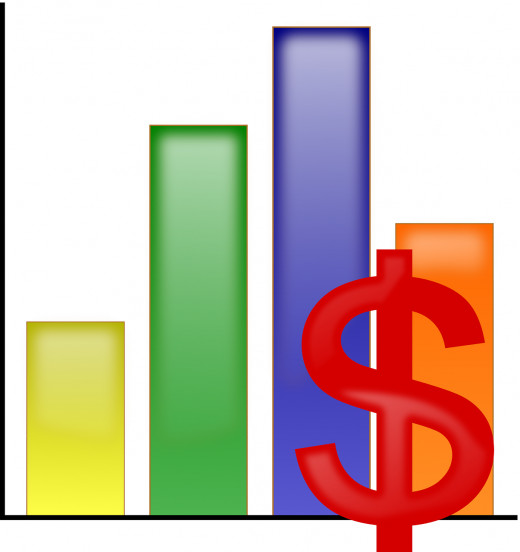
Fluid expenses
The best way to work out what your fluid expenses are likely to be is to add up the amount you've paid over the previous 12 weeks, then divide it by 12 to get an average. With expenses, you must always overestimate what you are likely to pay.
Have a back up.
When working out your expenses, make sure you set aside a sizable chunk for unexpected expenses. You never know when your car is going to break down or your roof is going to leak. Make sure you always have a contingency plan for such eventualities.
Savings
Do you have adequate savings?
Be prepared

Determine your needs

Three kinds
Disposable income can be in 3 states; Negative, Neutral or Positive.
If you’re disposable income is in the minuses, then you are in (or heading towards) debt. If it is neutral, you are balancing you are living hand-to-mouth and won’t save anything (and an unexpected expense could push you over the limit). If your disposable income is positive, you’re accumulating money.
Depending on whether you’re losing money, breaking even, or saving money, determines how you should be budgeting, and steps you need to take to achieve your goals.
Another pop quiz
view quiz statisticsAn example of a simple budget
Negative disposable income
So your expenses outweigh your income. This means that you are probably in some debt already, or if not, you’re heading that way. First things first, if you have any savings whatsoever, use them to pay off your debts. It makes absolutely no sense to have $1000 in savings and $1000 on a credit card. The interest you will pay on your credit card will always be higher than the interest you’ll accumulate from a savings account.
Secondly, if you’re losing money each month, you are living beyond your means. This means you need to simplify your life. Do not worry, a simple life does not mean you have to compromise on your quality of life. The best way to simplify your life is to scrutinise your expenses –really find out what you’re spending your money on- you may find you’re spending money unnecessarily, and can make some easy savings. Food, Water and Shelter are essential, but almost everything else can be compromised. Think about it, do you really need that gym membership? How often do you go? You could save money by cancelling your monthly subscription and investing the money into some training equipment you can use at home.
Debt First!

If, after examining your biggest outgoings, you find that your biggest expenses are charges, fines or interest on existing debts, then perhaps it is time to consider more drastic action. Consider a debt management plan. There are many Debt Management companies you can speak to and get sound advice from about ways to consolidate your debts and work out a repayment plan. Remember, if your debts are so high that you can only afford to pay the monthly interest, you could be paying your debts for years without ever reducing your debt level.
Debt
How much is your debt?
Neutral disposable income
So your income matches your expenditure. If you’re in this state, the chances are you that you live to your means. You spend exactly what you earn, and whilst this may seem like a good balance, it means that you are not saving any money, worse still, an unexpected expense could throw you into debt, leaving you in a sticky situation which you cannot get out of.
It's your choice.

Improve

Do This!
Luckily, if your disposable income is neutral, you can usually make some simple changes to your lifestyle, and save yourself a packet. The best advice is to simply exercise impulse control –most people I know who live ‘hand-to-mouth’ don’t try to live beyond their means, they just spend and spend until their money runs out, then they stop- there is nothing wrong with this, in principle, but if you’re looking to save some money, you will need to stop spending before you run out. It might be worthwhile opening up a savings account, and paying a portion of your income into it directly after payday, that way you can see that whatever remains is yours to spend as you wish.
Lucky you
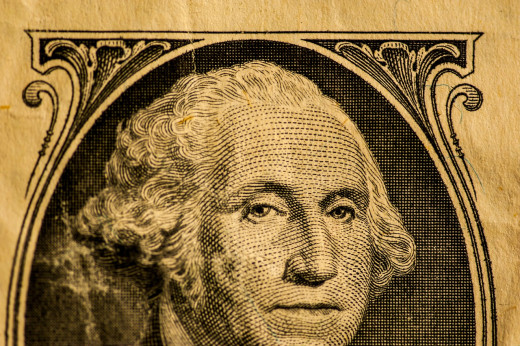
Positive disposable income
So you’re lucky enough to have money left over after all of your expenses are deducted from your income. This means that you probably already have a respectable stash of savings, but you want to see this increase significantly. First of all, consider opening up a savings account that you can move your money into, this will not only help to allay the temptation to spend your hard earned savings, but will also reward you with interest.
Invest
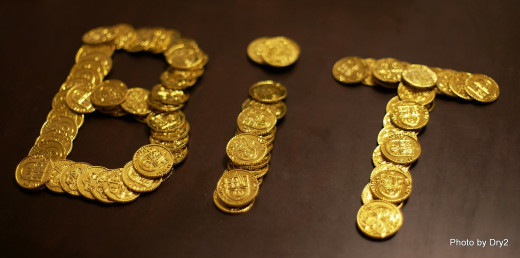
Secondly, invest in things that will help you to save money in the long run. If spending $500 on a bicycle now means you save $4 a day getting the bus to work, then do it!
Shop around
Often the pitfall that people who are saving money fall into, is thinking that they have more money than they actually do, and overpaying for things. No matter what your circumstances, work out an amount you want to save each week/month, and begin working towards it by ensuring you’re getting the best deals available, simplifying your life and getting rid of unnecessary excess, and investing in things that will help to save you money in the long run.
Keep trying!
Remember that there are always ways to save money and budget properly.



